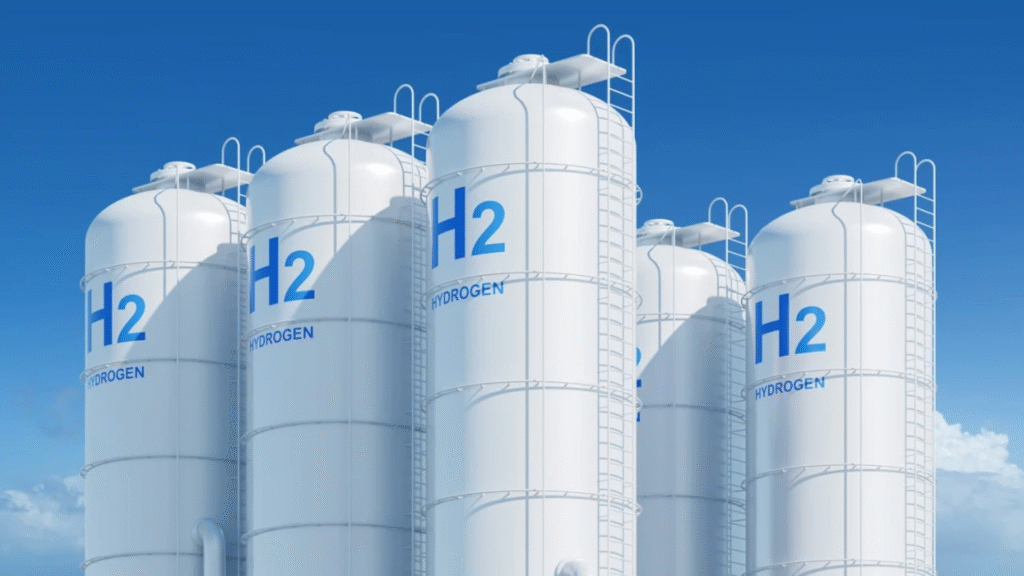Hydrogen is emerging as a leading clean energy source, but its production methods vary widely in sustainability. Traditional methods, such as grey hydrogen and blue hydrogen, have significant environmental costs. Green hydrogen is a cleaner renewable energy source, but expensive and energy-intensive.
Unlike grey or blue hydrogen, white hydrogen doesn’t involve fossil fuel processing, making it carbon-free. This is a lesser-known but promising solution which is naturally occurring hydrogen found underground. This geologic hydrogen is emitted from the Earth’s crust through natural processes, requiring no carbon-intensive production methods, making it a truly sustainable and low-cost energy source.
The potential of white hydrogen lies in its ability to bypass the emissions and infrastructure challenges that plague synthetic hydrogen production. It is considered a “geological gift” that could transform the global clean energy transition. Unlike green hydrogen, which requires a significant amount of renewable electricity and water, white hydrogen is naturally sourced and can be tapped similarly to oil and gas.
Recent discoveries in Mali, France, Australia, the U.S., Russia, and Brazil suggest there could be vast untapped reserves. According to a 2023 Science report, these natural reserves have the potential to deliver clean energy at significantly lower costs than conventional hydrogen. It has positioned white hydrogen as a transformative solution for decarbonization, climate action, and sustainable energy security.
In the Indian context, where the government is pushing forward with its National Green Hydrogen Mission, the discovery and use of white hydrogen could revolutionize the country’s clean energy ambitions. With India’s high energy demand and limited renewable infrastructure in certain regions, accessing natural hydrogen could reduce reliance on imported fuels and bridge the gap in clean hydrogen supply. India’s geological diversity, especially in regions like the Deccan Traps and the Himalayas, may offer untapped potential for white hydrogen exploration.
Early investment in research and surveys across the globe could help gain a strategic advantage in this emerging field. As nations race to meet their climate targets, white hydrogen offers an overlooked yet sustainable and economically viable path forward. Ongoing research and exploration efforts, supported by international cooperation, could unlock this natural energy source and usher in a cleaner, more equitable energy future.

